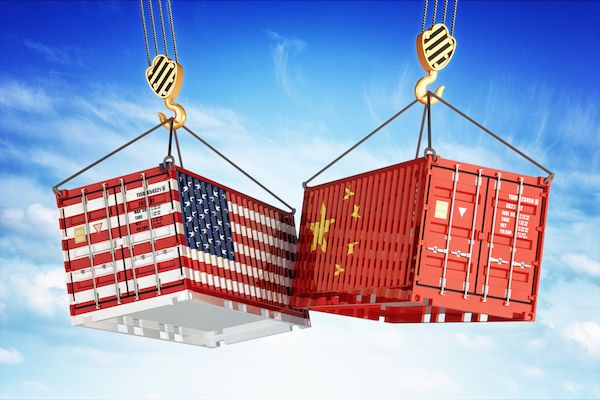The United States still maintains more than 90 anti-dumping measures adopted more than 20 years ago, the Chinese government questioned in the most recent U.S. assessment of its trade policies at the World Trade Organization (WTO).
Of these, the longest-standing anti-dumping measure dates back to 1978.
Under the Promotion of U.S. Procurement Act, the United States, according to the Chinese government, prevents foreign suppliers from accessing its government procurement market. Moreover, it added, the export control measures adopted by the United States «alarmingly deviate» from the original principle.
«What is worse, the U.S. control of foreign investment on national security grounds is increasingly arbitrary and stringent, and lacks any basis,» he said.
Another of his questioning: despite the Panel’s rulings regarding the incompatibility of Articles 301 and 232 with WTO rules, the United States continues to apply the high tariffs imposed by the Trump Administration on a large number of products.
The Chinese government also said that the United States has blocked the selection of Appellate Body members on 60 consecutive occasions and has refused to implement WTO dispute settlement rulings in a number of cases.
Anti-dumping measures
On the other hand, the United States has appealed a dozen cases to a dysfunctional Appellate Body.
In March 2023, the United States again flatly rejected the Panel’s rulings on its Article 232 measures.
«For the past four years, we have been waiting for the United States to lead by example by safeguarding the basic principles of the multilateral trading system. Instead, despite its rhetoric of returning to multilateralism, what we have witnessed has been an America First policy and measures contrary to the fundamental principles of the multilateral trading system,» the Chinese government commented.
Finally, it said that the United States has granted numerous discriminatory subsidies to its industries in order to achieve a predominant position. And it deliberately circumvents the compartment limits applied by the WTO on individual agricultural products by «transferring between compartments» and splitting the notification period.

